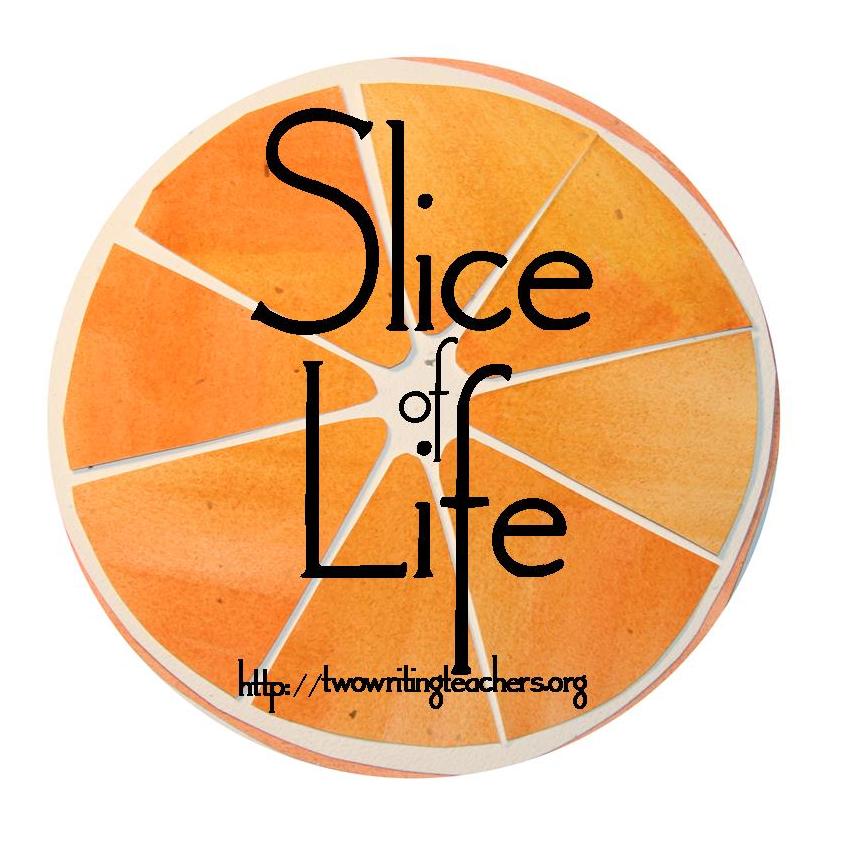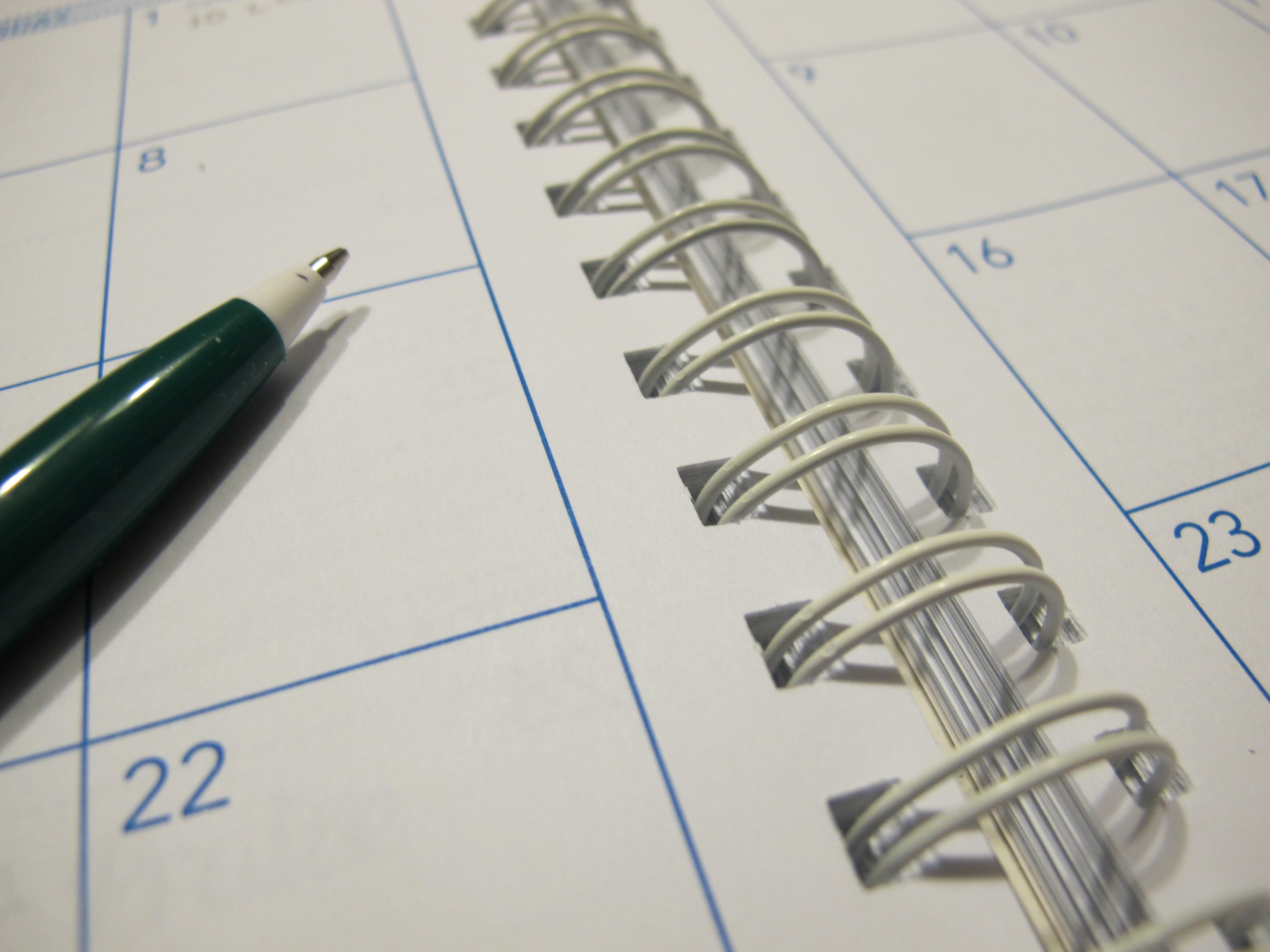“Let’s drive to Baja, and keep going till we reach tropical blue water.” And he meant it. He was always saying things like this. When we met, his way of asking me out had been “Let’s go on a big long walk until we get really exhausted.” I laughed, and two years later, here we were engaged.
“How far is that?’
“I’m not sure,” he laughed. “I think I have a map though.”
And that’s how we ended up in an unreliable blue Volkswagen, driving through Baja California in the winter. With him, when it worked, it was always like this: unexpected and impractical, yet sort of epic. The kinds of adventures you could write about, or that made a good story at a party. He never just did anything the normal way; it was always bigger, less informed, and in a big hurry. This made me crazy, but in those first years together, it actually worked out more often than not.
We made sure the car’s spare tire was good enough for dirt roads, and we sprung for a new map so we’d have updated info on where the Pemex stations were. We packed sleeping bags just in case, since between us and the little town of Mulejé, which he had declared our destination, there were lots of places the tourists never went, and would the hotels be open in winter anyway?
He always declared our destination, truth be told. After all, he had been there before, being from California. And he was used to traveling, and somehow not afraid of things not working out– we’d find a room; there’d be someone to ask; we’ll buy food along the way. Maybe this is how you came out when you had parents who had traveled this way, picking up for impromptu adventures anytime they wanted since they (a) didn’t really have to have jobs and (b) didn’t plan anything, ever, unless you made them. And when you have your college paid for and can spend your summers not having to work, not paying your own bills, just free to roam around and adventure. His grandmother paid for everything. Whereas I had spent my own teens and twenties working, and doing practical things, and had grown up with parents who were more about working and saving then about traveling anyway. I wouldn’t know how to just walk into a town in another country, with my eighth grade school Spanish, and figure it out. I’d be scared to.
We did find rooms along the way, little motels for the few Mexicans who traveled through Baja Norte, always off a little dirt town square with a little Catholic church and a little Pentecostal one, and maybe a mini super and a taqueria or two. Rooms with linoleum floors and hard Mexican beds and uncovered light bulbs with a pull chain, just fine to sleep for a night but definitely not bookable on Hotels.com.
It was on that trip that we picnicked on bananas and smoked salmon on a beach so littered with large, intact seashells that we kept our shoes on. Then we collected shells in our lunch bag.
It was on that trip that we snorkeled in the Sea of Cortez, feeding Sergeant Majors from little packets of saltines we had stuck inside our swimsuits.
It was on that trip that we spent New Year’s Eve at a party on the square in Mulejé, where fathers gave impassioned, sentimental drunk speeches and kids ran around popping firecrackers.
It was on that trip that I learned to go with his flow. To ignore so many red flags, the bad feelings in my gut. It was just easier; his mind wasn’t going to be changing anyway. Maybe it was like he said: What was I being so uptight for? Everything had worked out, hadn’t it?

 Ever. Not just sometimes, not just when the time is right, not just when expected, not just when we feel it. The Holy Spirit is EVER dwelling within us and everywhere.
Ever. Not just sometimes, not just when the time is right, not just when expected, not just when we feel it. The Holy Spirit is EVER dwelling within us and everywhere.

 But THIS was a different Jesus. Jesus the beautiful. Jesus in the meadows and woodlands; Jesus in a shining sky. Beautiful Jesus. The Fairest. The song, and the Jesus in the song, cut right through my brain, through all that thinking and reasoning I had been doing, and got into my musical heart. Thinking about Jesus was good, but through this song I started to feel Jesus.
But THIS was a different Jesus. Jesus the beautiful. Jesus in the meadows and woodlands; Jesus in a shining sky. Beautiful Jesus. The Fairest. The song, and the Jesus in the song, cut right through my brain, through all that thinking and reasoning I had been doing, and got into my musical heart. Thinking about Jesus was good, but through this song I started to feel Jesus.